Organizations keep telling us to be resilient, but we are already standing our ground without them telling us to do so; where else can we go? We don’t need you to tell us to be resilient, we need you to support us.”
This appeal by a Palestinian resident of the village of Al-Farisiyyah in the Jordan Valley exemplifies the numerous opportunities many have missed to support local Palestinian communities, in particular, and Palestinian people in the West Bank, in general, to challenge the bleak and unjust Israeli plan to annex Area C, which includes the Jordan Valley. But what it also demonstrates is the inspiring Palestinian steadfastness and presence in the Jordan Valley that would be difficult to uproot.
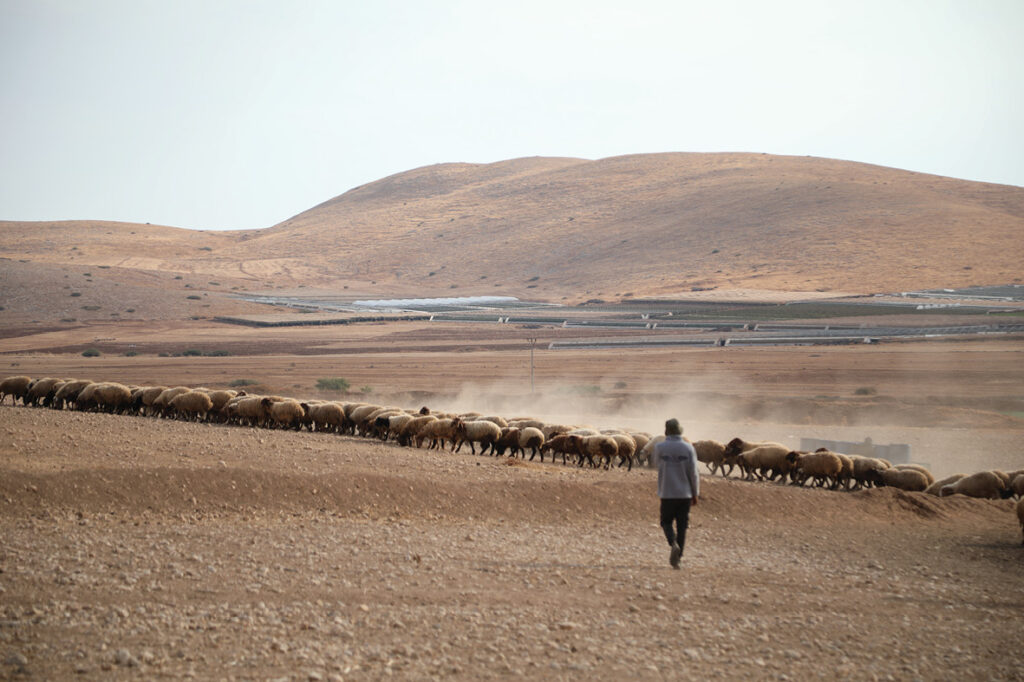
The Jordan Valley is a fertile strip of land that runs east of the central highland of the West Bank from north to south and accounts for around 30 percent of the entire West Bank. Its geography forms the largest land reserve for any natural urban expansion or economic development of the anticipated Palestinian state. With its beautiful, fertile, and resource-rich agricultural lands, the Jordan Valley can be intensively cultivated for agricultural products throughout the year. It holds abundant and diverse water resources, mineral resources, a rich variety of plant and animal life, and unique climate conditions that enable the early harvest of seasonal crops, strong sunlight that can be utilized for sustainable energy projects, and a rich array of cultural heritage and historical sites. The Jordan Valley is known to be the food basket of Palestine, with significant geopolitical, economic, and social value for Palestinians. This includes the city of Jericho, the oldest city and lowest altitude point on Earth.
Despite its promising development potential, the Jordan Valley is largely underutilized by Palestinians. The Palestinian Authority lacks administrative authority over much of the West Bank whilst there is no clear and unified Palestinian national response plan to develop the Jordan Valley. Economic growth in the area is stifled by a myriad of restrictions imposed by the Israeli occupation in over 90 percent of the valley, designated as Area C. Palestinians in the area have faced appropriation of lands that Israeli authorities have declared to be military zones and natural reserves or confiscated as state land to be used by settlement and infrastructure projects. They received little support when denied access to natural resources, such as water and renewable energy, and are forcefully prevented from carrying out any development or expansion plans, be they for construction or infrastructure. Only four percent of the valley’s land is being cultivated by Palestinian farmers, leading to a near 16 percent increase in the area’s poverty rate, compared to the West Bank average of 14 percent. The severe hardships that Palestinian farmers experience include the continuous and deliberate dumping of Israeli settlement products on the Palestinian market, which means that those same farmers lack formal access to meaningful investment incentives and insurance schemes as they face market failure and other external factors such as natural disasters. The lack of supportive and protective policies for Palestinian residents and farmers in the Jordan Valley makes it difficult for them to make ends meet and stay on their land, let alone attract other Palestinians to move to the valley.
The Jordan Valley has huge potential for economic growth, particularly where Palestinian young women and men can exercise their rights and their full economic and social potential, especially innovation and entrepreneurship.
On the other hand, the government of Israel supports and encourages Israeli settlers to settle in the area by providing them with exceptional incentives, such as research and experimental tools for investment, advanced technologies, free agricultural resources of land and water, fertilizers, and compensation for damage or losses, in addition to access to markets, which encourages settlers to move to the area.
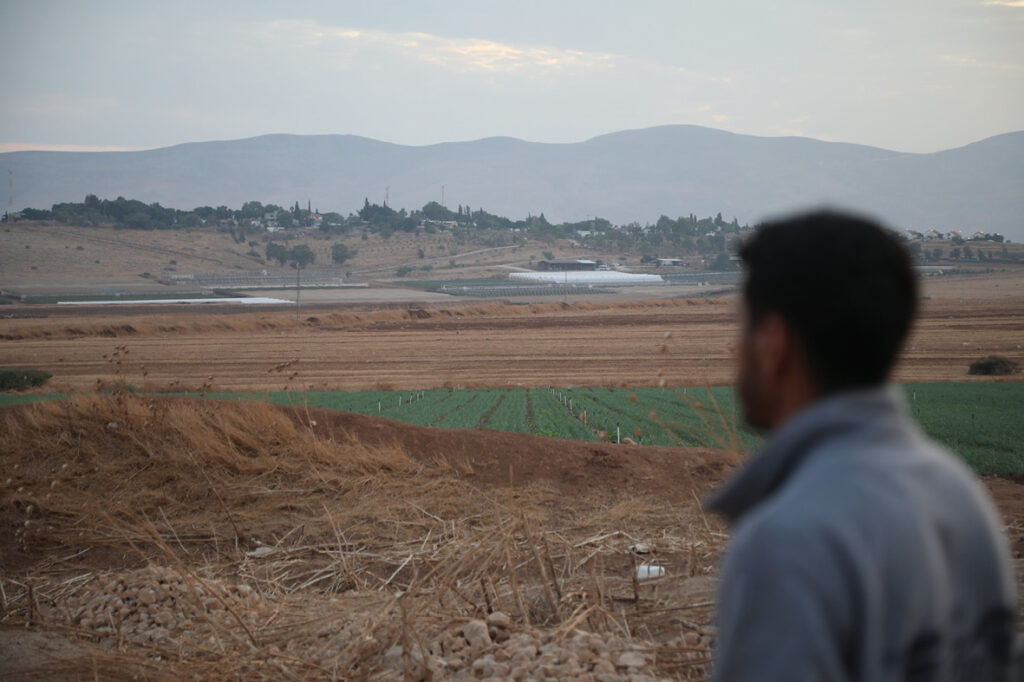
Despite the fact that the government of Israel’s annexation plan for the Jordan Valley threatens the mere presence of Palestinians in the area, and their livelihoods, Palestinian communities still demonstrate inspiring, innovative models of steadfastness and adaptive coping mechanisms. The moral responsibility of the Palestinian National Authority as well as that of the international community is not only to oppose the annexation threats through political instruments, but it is also to provide on-the-ground solidarity support in the form of investments in new agricultural businesses, job creation schemes, integration of women and young people in enterprise development and transfer of smart green climate technologies that maximize productivity while preserving precious natural resources and the environment. These investments will have a major impact on young people from 15 to 29 years old who live in the area and who suffer from a 34 percent unemployment rate.
Interventions such as seeding ideas and investing in youth-led start-ups and agri-entrepreneurs in the Jordan Valley have the potential to provide an alternative to wage employment and work in Israeli settlements, which are associated with vulnerabilities, hardship, and high risks and costs for Palestinian workers, especially women and young people. Such incentives should provide financial, technical, and legal support that includes mentoring, coaching, and networking with regional and international peers, as well as support in business registration and licensing. In the medium and long runs, these emerging youth- and women-led enterprises will be able to provide the Palestinian market with assured import subsidies and services that are presently being sourced externally.
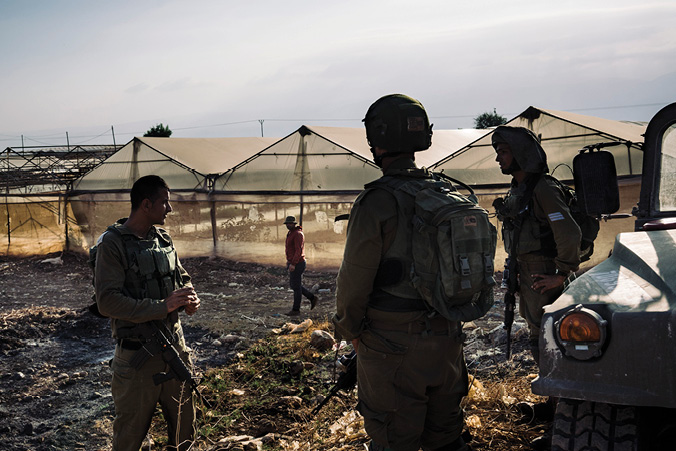
Much needed international on-the-ground solidarity support can cater to the increased Palestinian interest in alternative and domestic tourism and thereby support rural communities’ efforts to engage in community-based volunteerism and offer a multitude of outdoor initiatives such as hiking, climbing, and biking, as well as food tours. Investment in the agritourism sector and utilizing the Jordan Valley’s rich agricultural and cultural heritage will stimulate local economic development, create jobs, and support resilience and land preservation. Examples of this kind of investment include developing dedicated natural recreational sites, organizing trips and traditional meals in local communities, offering guided tours to natural reserves (even if they are under Israeli control), bird watching, hiking, biking, rock climbing, horse and camel riding, and providing safe camping sites for Palestinians from all over the West Bank. Linking the touristic sites and existing accommodation facilities in Jericho, including hotels, museums, and touristic routes, to other sites and trails throughout the Jordan Valley could create local economic development opportunities. Agritourism could also include branding and promotion of solidarity tourism in the area with international organizations and exchange programs.
“Our biggest challenge now is pushing back against annexation, protecting Jordan Valley communities, recognizing that we have to work more collectively and differently as civil society, while at the same time making sure that Palestinian business in the Jordan Valley keeps moving forward, even with all the expected impediments.” Mohammed Sawafta, Oxfam’s Economic Justice Program Manager.
At present, Oxfam and local partners, through different programs in the Jordan Valley, promote resilient and equitable agricultural growth for small-scale producers – both women and men – and work to improve livelihoods and the economic well-being of these groups. We support farmers in the area through facilitating market-system development and leverage partnerships between farmers and the private sector to initiate win-win economic ventures in certain high-value agricultural commodities, such as baby vegetables, seedless grapes, olives, small ruminants, etc. Oxfam’s work also includes support to improve access to land, natural resources, agricultural infrastructure, and services. In addition, Oxfam works with youth and women’s groups and committees to strengthen their role in society, advocate for their rights, and contribute to the local decision-making process.
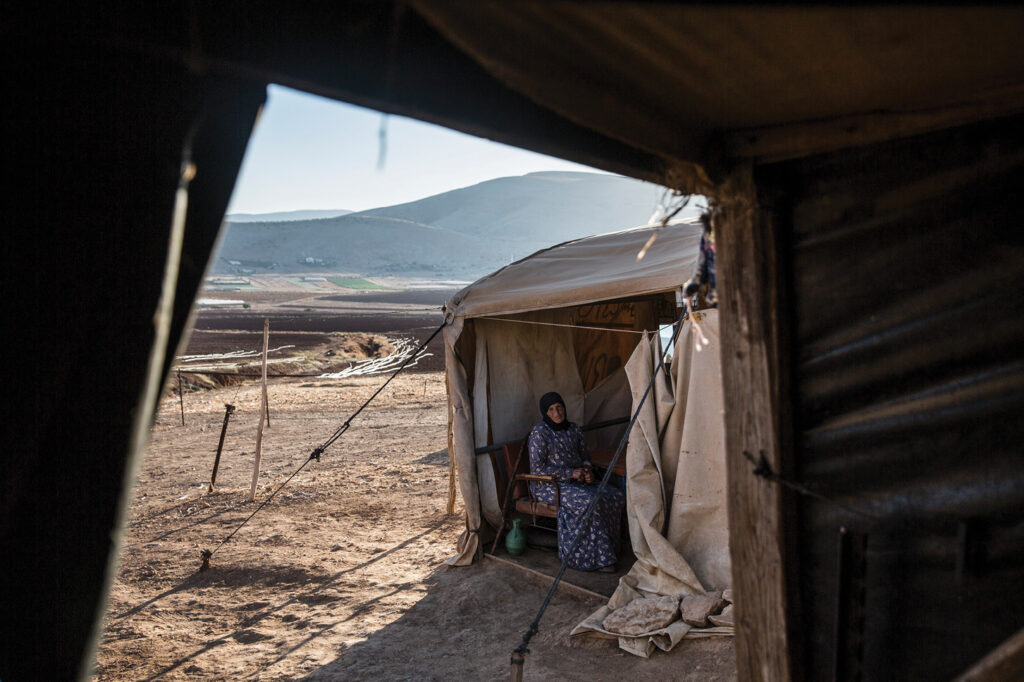
At the international level, Oxfam challenges discriminatory policies and practices by the government of Israel that facilitate de facto land and resource annexation in the West Bank, in line with their obligations under international (humanitarian) law. At the national level, Oxfam, together with its local partners, seeks to challenge the Palestinian policy and regulatory environment for the West Bank (including the Jordan Valley), building economic resilience and inclusive agricultural policies. This includes improvement of trade between Gaza and the West Bank by removal of current political, technical, and economic barriers.
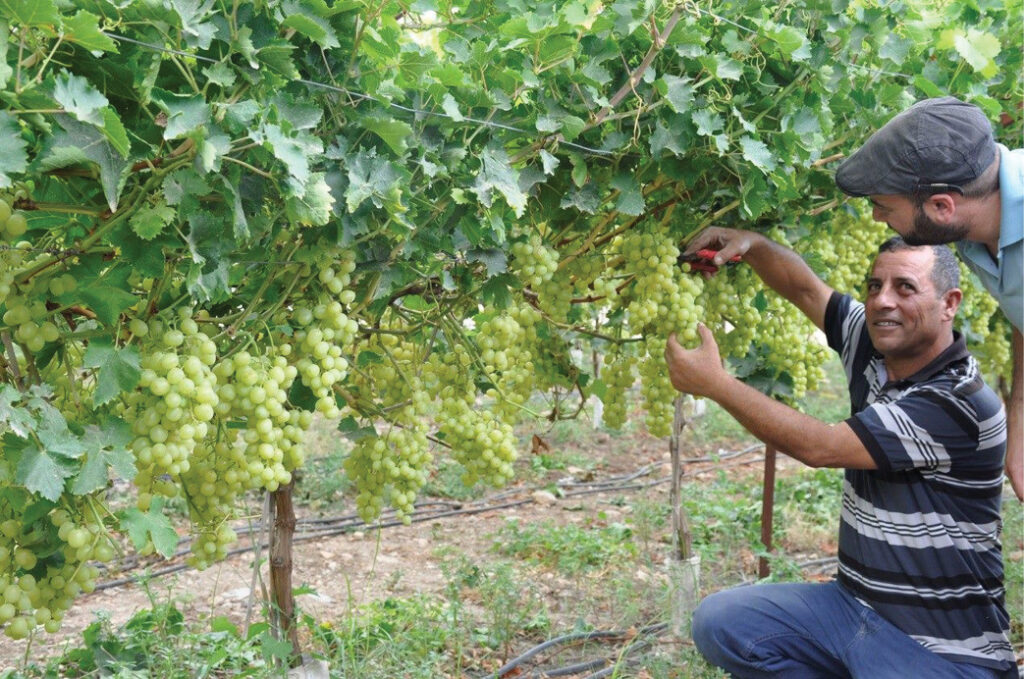
Annexation would represent a serious – and likely irreversible – land grab, which would have major human rights implications for the Palestinian population and undermine Israel’s own security. Israeli annexation of West Bank territory, particularly in the Jordan Valley, would render a functioning Palestinian state impossible; depriving it of the land and natural resources necessary to sustain itself, and thus entrenching perpetual dependency on foreign aid.
Oxfam’s national partner, the Palestinian Farmers Union (PFU), is leading a coalition of grassroots organizations as well as private-sector and national actors in developing an Area C investment plan, calling on the Palestinian government to consider the Jordan Valley a priority for investment and development.
Together with national and international partners, Oxfam campaigns to prevent Israel from annexing any part of the West Bank and to hold it accountable for creeping annexation.
Oxfam calls upon third states to take immediate and effective measures to prevent Israel’s annexation of West Bank territory, to stop Israel’s continued exploitation of Palestinian land and resources, and to protect the Palestinian presence in the West Bank. Unless the international community takes action to reverse Israeli government policies and practices, the prospects for the future establishment of a viable Palestinian state, living side by side with Israel in peace and security, look dangerously remote.


